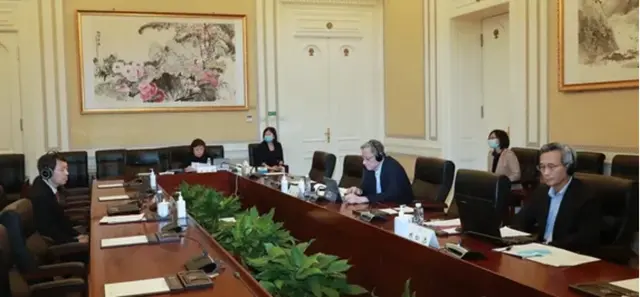As the populist Finns Party, one of the three ruling parties of Finland, wound up its weekend convention in Turku, southwestern Finland, commentators believed that the party seems to be going into a nationalistic direction.
The party members were convened just a couple of weeks after an ultranationalist Facebook statement issued by a Finns Party MP aroused a heated discussion across the country. Olli Immonen, writer of the controversial statement, was not seen present at the convention.
Newspaper Savon Sanomat, based in Kuopio, eastern Finland, noted that while party leader Timo Soini was re-elected unanimously, the head of the party's more nationalistic youth league Sebastian Tynkkynen was elected as one of the party's vice chairmen.
The newspaper said anti-immigration attitudes and right wing views are gaining ground in the Finns Party.
"The party is changing, whether chairman Soini wants it or not, " Savon Sanomat concluded.
Heikki Patomaki, professor of world politics at the Helsinki University, was asked by Finnish national broadcaster Yle why discontent in western Europe, including Finland, is channelled to right wing expressions rather than the traditional left.
He said the phenomenon is essentially associated with the fact that organized labor force has lost its positions as many people have short term jobs. Traditional left wing parties have lost support to movements that can give simple answers.
"The rise of these populist movements coincided with the end of the Cold War even though they had started growing earlier," Patomaki said.
"The collapse of the Soviet Union and the new availability of Asian labor in the world market created a need to reduce salaries worldwide," he noted.
Professor Patomaki said the whole Finns Party is deeply conflicting in its composition. Many of the supporters are truly social democratic and support wholeheartedly the welfare state although they would rather restrict its benefits to long term residents of Finland only.
At the same time, there are people in the party who accept the cutback policies and neo-liberalistic economic solutions and support the strict policies towards Greece.
Patomaki said historically populist movements in Europe have comprised very different elements. He reminded that originally the German nazi party had a strong leftist element that took seriously the "socialist" aspect of the German national socialism. Enditem
 简体中文
简体中文





